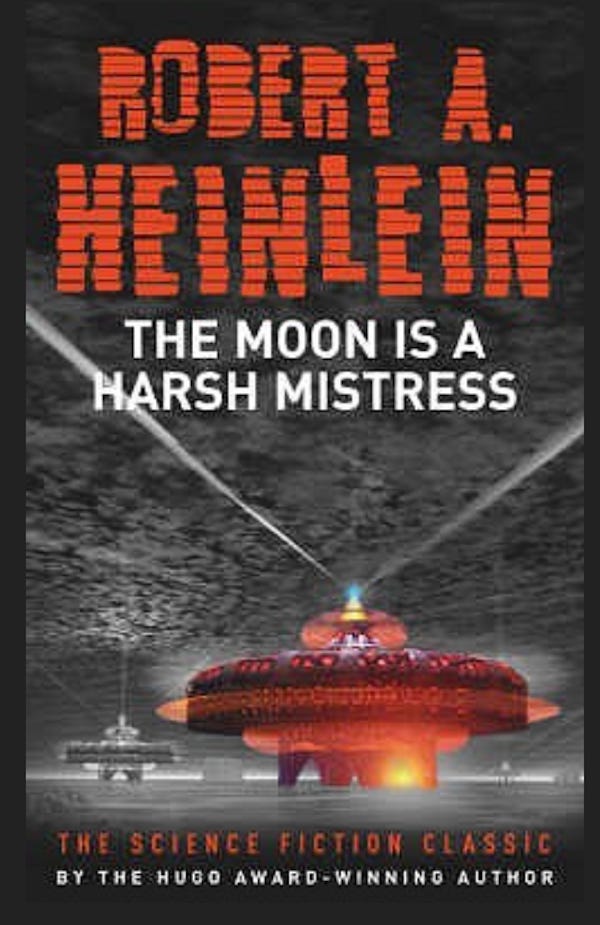Aided through reading science fiction and analyses by science philosophers, here's some personal history of thinking creatively about AI from my youth onward.
As a young teen in the 1960s I heard my big brother saying something like, The Beast in the Book of Revelation will be keeping track of us by computer. At that time a supercomputer was shrinking from room-size; and mainframe IBM data processing required punching cards. However, from this suggestion of his I extrapolated the idea that “the number of a man” may not actually be “666” —which seems a symbolic placeholder for a quantization distortion. “The number of a man” might be a Social Security number, credit card number, security ID, driver’s license, etc.—these numbers would be handily crunch-able, individualistic. In other words we’d be numbers.
Human beings would be Big Data walking, talking, turning corners, entering doors, driving cars, or driven by cars. The human retina might be distinctively encoded and that’s how the prophecy would work out to being a number in the forehead, as biblically envisioned. I saw that tattoos would be unnecessary, even tattoos invisible to the eye—if a machine could read my retina. Like a unique fingerprint, identifying me with its retinal numeric code. The number of the Beast is there in the hand or eye: the Beast—some seemingly benevolent tyrannical organization—would make its own use of my special code as data, turning it into a particular individual code. I could be its property, its merchandise.
My brother was early interested in computers and went on to study, work on hardware and software, incorporate its use in his professional consultations—one of the latest projects being to help build a GPS tracker for automatically logging business trips. Our father, who, as an intern at BF Goodrich, wired Wiley Post’s suit for high-altitude test flights, and having begun his own professional career as an electrical engineer, oddly, was not engaged by my brother’s computer interests. He did not think a degree in communications was a beneficial pursuit for his grandson. It was not long after our father had confessed this former opinion to me that my brother began contemplation of a science fiction thriller featuring an inventor of artificial intelligence, and his machine. That was decades ago. The novel is now fulfilled, instead of a wish, and the Diary of a Robot is published.
For most of my early life I failed to recognize a threat in artificial intelligence. Maybe I lacked understanding of what AI is. I should have, but did not fully grasp that Clarke/Kubick’s HAL was AI. And I had not read Heinlein’s The Moon Is A Harsh Mistress, featuring the artificial intelligence of Mike. I’d been thinking of AI as real life enhancement of Orwell’s 1984, for instance computers merely keeping track—for some human organization—of every thing, every happening, each person. Maybe even every thought. Still, you could shut down (dismantle) a machine, but you may not be able to shut down, destroy, the organization using it.
Lest you think the Diary of a Robot is about the initial prophetic scenario posited by me in this essay, let me say now it is not. There is, however, a certain metaphoric suggestiveness in the Diary. But, though I believed in such a prophecy right from the start, why did I not recognize the AI threat all those years ago? Again, I did not imagine AI: AI was merely a machine keeping track of numbers—or people as numbers—used by some sinister organization, such as the totalitarian communists or a massive corporate entity.
So if it’s not a machine, or network of machines merely keeping track for Evil Organization X, what is AI?
…More to come.




